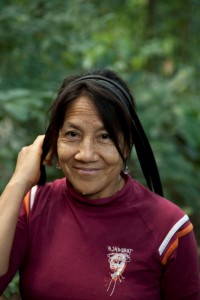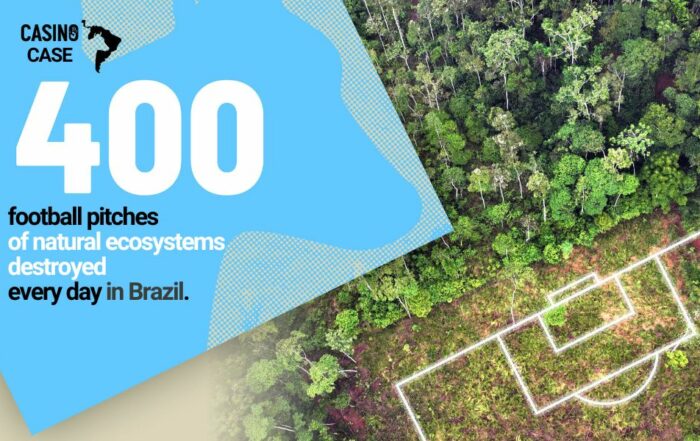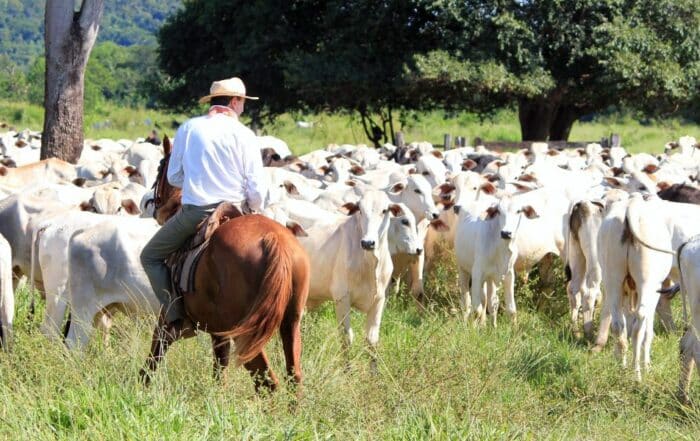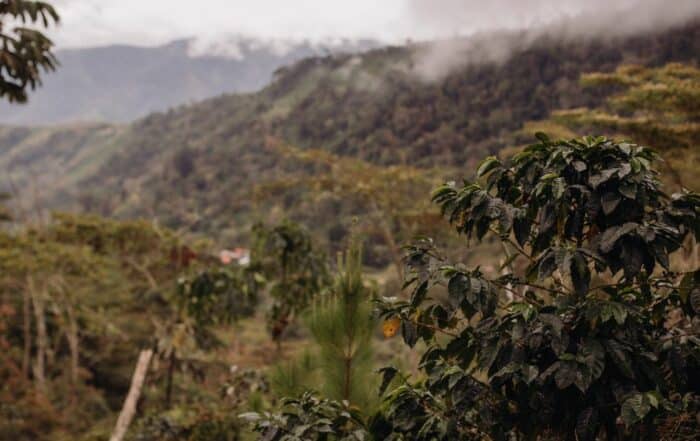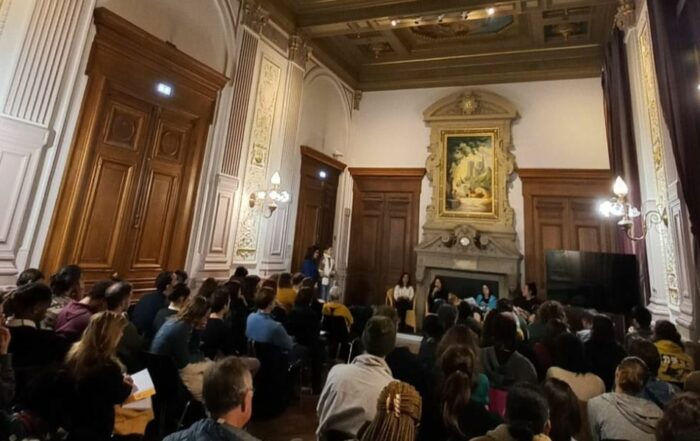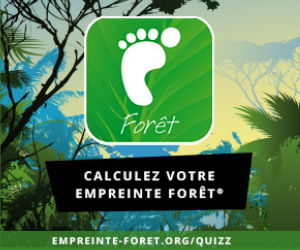![[ECOTOUR]femme_feliciano©L.Durant](https://da1323dc.delivery.rocketcdn.me/wp-content/uploads/2012/03/ECOTOURfemme_feliciano%C2%A9L.Durant.jpg) Zulmira Salos Tapullima, 47 years old, is a resident of Alto Shilcayo and member of the Association for the protection of fauna and flora.
Zulmira Salos Tapullima, 47 years old, is a resident of Alto Shilcayo and member of the Association for the protection of fauna and flora.
“I’ve owned my farm in the Cordillera Escalera for 20 years now, before that I lived in the area and my children were even born there. Now, it’s forbidden to live in the zone and so I only go there from time to time to pick my bananas and manioc: we need to find what we can to eat because we are poor and rely upon whatever the soil can provide.
The abundance of trees in the zone mean that it’s much cooler over there than it is in the town centre, it’s beautiful, it’s calm and even the air is cleaner than in town. I love going over there. We’ve been taught that we need to protect the area, so we no longer cut down any trees there. For us, trees mean life. Beforehand, when everyone was chopping down trees, the rivers dried up. We have since realised that this was not sustainable and that we need to set a better example to our children.
![[ECOTOUR]Cascade 3 Marias_9_partie haute.©D.Tarrier](https://da1323dc.delivery.rocketcdn.me/wp-content/uploads/2013/02/ECOTOURCascade-3-Marias_9_partie-haute.©D.Tarrier-300x199.jpg) Now, we are there to protect the trees and the natural environment and we do what we can to support the Association’s work in the area. We still need something to live off, though, and to provide for our families, which is why we have started up a tourism- or rather ‘eco-tourism’-, initiative. In my family, for example, my children give guided tours of the zone, carry the visitors’ luggage and build accommodation shelters whilst I shop and cook for them. We take them, for one or several days, to explore the region, to admire the waterfalls and discover the natural beauty on show there.
Now, we are there to protect the trees and the natural environment and we do what we can to support the Association’s work in the area. We still need something to live off, though, and to provide for our families, which is why we have started up a tourism- or rather ‘eco-tourism’-, initiative. In my family, for example, my children give guided tours of the zone, carry the visitors’ luggage and build accommodation shelters whilst I shop and cook for them. We take them, for one or several days, to explore the region, to admire the waterfalls and discover the natural beauty on show there.
The tourists pay both the association and my family (or others like us) for the privilege, which provides funds for the protection of the area as well as a source of income for us, meaning that we no longer have to resort to logging as a means of survival.’”
![[ECOTOUR]femme_feliciano©L.Durant](https://da1323dc.delivery.rocketcdn.me/wp-content/uploads/2012/03/ECOTOURfemme_feliciano%C2%A9L.Durant.jpg) Zulmira Salos Tapullima, 47 years old, is a resident of Alto Shilcayo and member of the Association for the protection of fauna and flora.
Zulmira Salos Tapullima, 47 years old, is a resident of Alto Shilcayo and member of the Association for the protection of fauna and flora.
“I’ve owned my farm in the Cordillera Escalera for 20 years now, before that I lived in the area and my children were even born there. Now, it’s forbidden to live in the zone and so I only go there from time to time to pick my bananas and manioc: we need to find what we can to eat because we are poor and rely upon whatever the soil can provide.
The abundance of trees in the zone mean that it’s much cooler over there than it is in the town centre, it’s beautiful, it’s calm and even the air is cleaner than in town. I love going over there. We’ve been taught that we need to protect the area, so we no longer cut down any trees there. For us, trees mean life. Beforehand, when everyone was chopping down trees, the rivers dried up. We have since realised that this was not sustainable and that we need to set a better example to our children.
![[ECOTOUR]Cascade 3 Marias_9_partie haute.©D.Tarrier](https://da1323dc.delivery.rocketcdn.me/wp-content/uploads/2013/02/ECOTOURCascade-3-Marias_9_partie-haute.©D.Tarrier-300x199.jpg) Now, we are there to protect the trees and the natural environment and we do what we can to support the Association’s work in the area. We still need something to live off, though, and to provide for our families, which is why we have started up a tourism- or rather ‘eco-tourism’-, initiative. In my family, for example, my children give guided tours of the zone, carry the visitors’ luggage and build accommodation shelters whilst I shop and cook for them. We take them, for one or several days, to explore the region, to admire the waterfalls and discover the natural beauty on show there.
Now, we are there to protect the trees and the natural environment and we do what we can to support the Association’s work in the area. We still need something to live off, though, and to provide for our families, which is why we have started up a tourism- or rather ‘eco-tourism’-, initiative. In my family, for example, my children give guided tours of the zone, carry the visitors’ luggage and build accommodation shelters whilst I shop and cook for them. We take them, for one or several days, to explore the region, to admire the waterfalls and discover the natural beauty on show there.
The tourists pay both the association and my family (or others like us) for the privilege, which provides funds for the protection of the area as well as a source of income for us, meaning that we no longer have to resort to logging as a means of survival.’”

